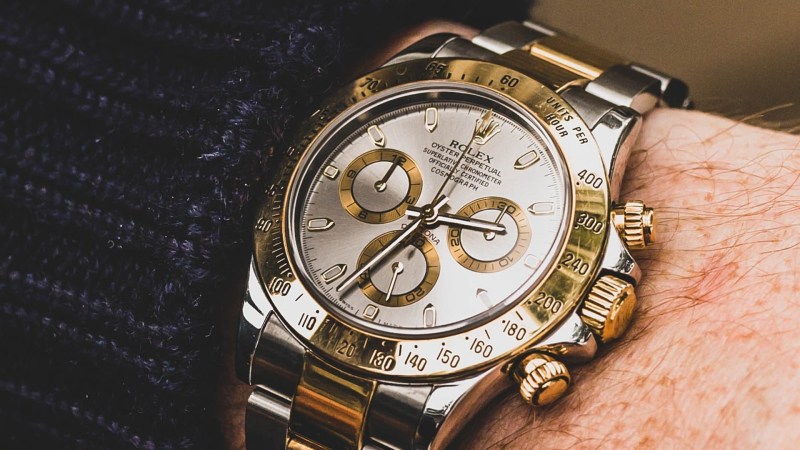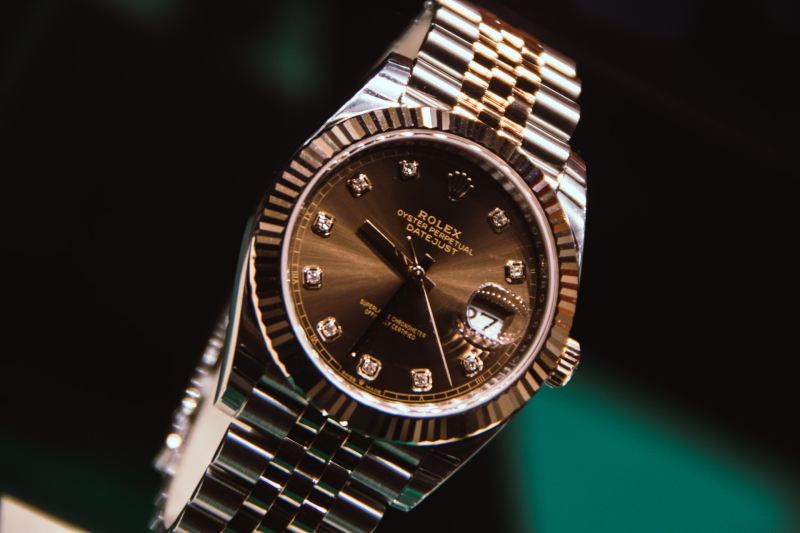There are a handful of world-renowned watch companies in Switzerland that dominate the global watch community. Acquiring a Swiss-made watch is comparable to purchasing a car manufactured in Detroit. Of course, while there are Omega, Tudor, and IWC, which are near the top of the brand pyramid, one brand stands above the rest. Rolex.
There are tons of reasons to buy a Rolex watch. Not only has the company dominated the industry with some of the most sought-after watches on the market for a century, but it is also responsible for some of the most iconic men’s watches in history, including the Rolex Submariner. But is it actually a nonprofit company?
Is Rolex a nonprofit?

The easiest way to answer this question is to say no, Rolex is a for-profit watchmaker. However, the company is owned 100% by the Hans Wildorf Foundation, which is a Swiss charitable trust. This means that Rolex is given certain characteristics that are unique to nonprofits.
For instance, we know that Rolex is a private Swiss joint‑stock company that designs, produces, and sells an estimated annual unit production of around a million watches and has an estimated annual revenue of about $10 billion. Why are they estimates? Because Rolex is owned and operated by a nonprofit organization that doesn’t have to release its financials to the public.
When Hans Wilsdorf, the owner and founder of Rolex, died in 1960, he had no heir to leave the company to. In an effort to ensure the company’s and his values survived, he left the entirety of the shares to the Hans Wilsdorf Foundation. Since then, it has been run by the Foundation, which reinvests the company’s profits into charitable causes.
Is Rolex a nonprofit? No. Legally, it’s a commercial entity — but as a nonprofit’s subsidiary, it does contribute to charitable and philanthropic causes.
This includes the Rolex Awards for Enterprise, which was established in 1976 and supports work in areas such as saving endangered ecosystems, ocean conservation, and advancements in science, health, and technology. Additionally, Rolex’s Mentor & Protégé Arts Initiative focuses its philanthropic efforts on art and culture. Rolex SA itself donates approximately 90% of its donations anonymously to similar causes.
Is your Rolex a charitable donation?

Now that we have clarified the nonprofit question in the most complicated way, let’s examine where the money you spend on a Rolex goes. Of course, running a global brand like Rolex and being the face of Swiss watchmaking isn’t cheap. So a good chunk of the $10 billion annual revenue goes to keeping the lights on and the salaries of the watchmakers, sellers, and certifications current. The rest of the money goes to three different streams of charitable foundations.
It’s important to note Swiss nonprofits are required to file statements, but they aren’t legally obligated to publish details, resulting in limited transparency. The Hans Wilsdorf Foundation supports local social projects in Geneva and all over the world in an effort to help the environment and other social actions. The second is training and education, where the foundation focuses on grants and scholarships. The third is culture, where the foundation works to further music, theater, and the arts around the world.
So, you may not be able to write off your Rolex purchase as a charitable donation, but you can feel great knowing that the money you spend is not lining the pockets of a greedy executive; instead, it’s going to help those who need it. Is Rolex a nonprofit? No. But it certainly operates like one.




